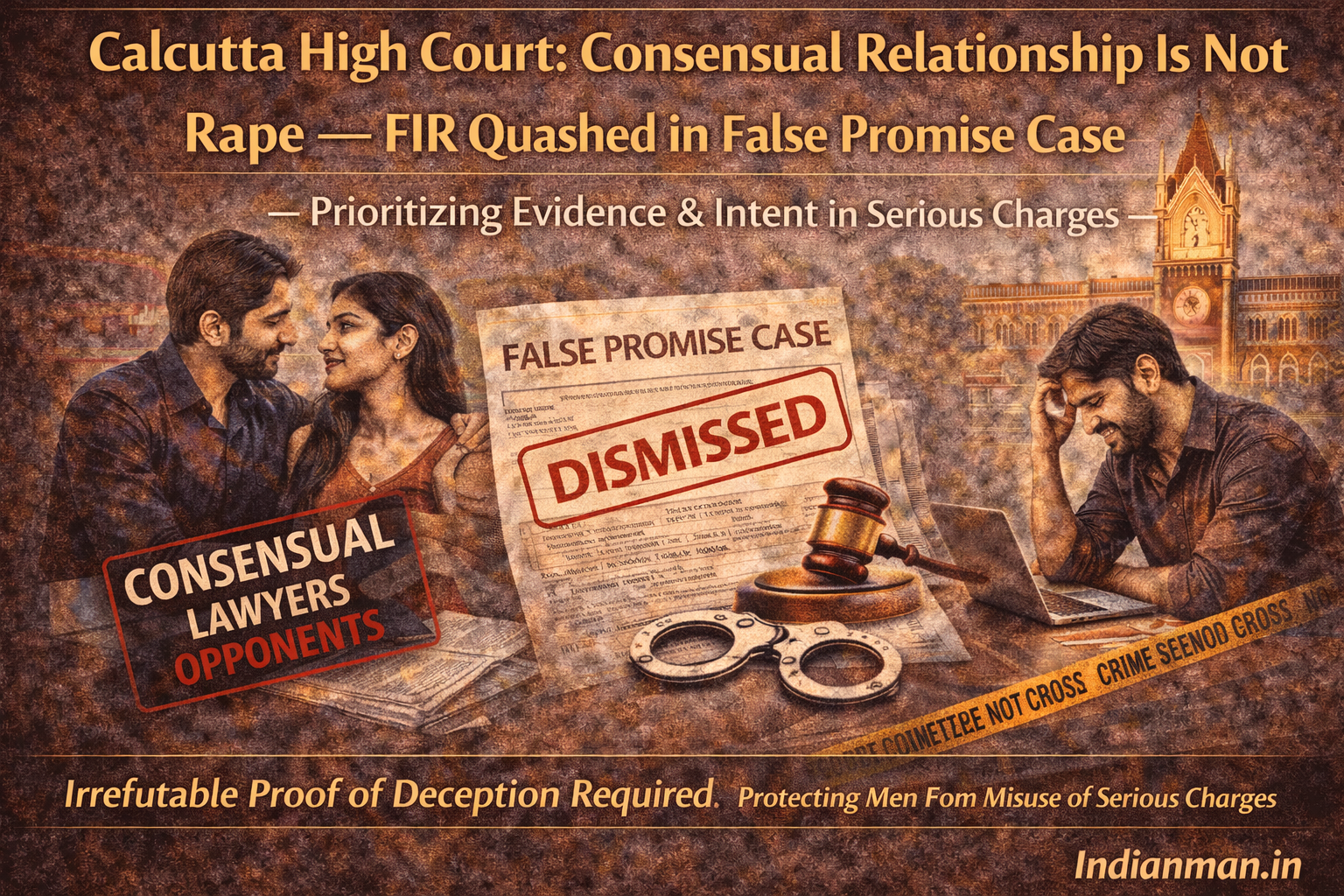Supreme Court: Married Woman Cannot Claim Rape on Promise of Marriage
The Supreme Court of India has quashed a rape case filed against a 23-year-old man, stating that a married woman cannot accuse someone of rape based on a promise of marriage. The Court emphasized that the relationship was consensual and that such a promise is not legally valid when one party is already married.
In this case, the woman, who had a four-year-old child and was still legally married (though separated), alleged that the man had sexual relations with her under the false promise of marrying her. However, the Court ruled that since the woman was already married, any promise of marriage was invalid from the beginning.
The bench, consisting of Justices BV Nagarathna and SC Sharma, stated that a breach of a marriage promise cannot automatically be considered rape unless it is proven that the accused had no intention of marriage from the start and acted with fraud.
The judgment also cautioned against misusing rape laws. The Court noted that turning a consensual relationship into a criminal complaint after it ends is not a valid legal approach. The Court said such actions misuse the criminal justice system and damage the accused’s reputation.
The case involved the appellant, a 23-year-old student, who was charged under various sections of the Indian Penal Code (IPC), including:
- Section 376 (rape)
- Section 376(2)(n) (repeated rape)
- Section 377 (unnatural sex)
- Section 504 (intentional insult)
- Section 506 (criminal intimidation)
He approached the Supreme Court after the Bombay High Court refused to quash the FIR.
Justice SC Sharma, in the judgment, highlighted that the woman’s divorce (Khulanama) occurred after the relationship began, making any marriage promise legally unenforceable. The Court also observed that she had maintained the relationship for over a year and had visited him at lodges multiple times, indicating consent.
The Court concluded that the woman’s behavior contradicted her claims and ruled in favor of the accused.
Case Title: Amol Bhagwan Nehul vs The State of Maharashtra & Anr.
Be a part our social media community:
Facebook: https://www.facebook.com/IndianMan.in?mibextid=ZbWKwL
Instagram:
https://www.instagram.com/indianman.in?igsh=MWZ2N3N0ZmpwM3l3cw==




